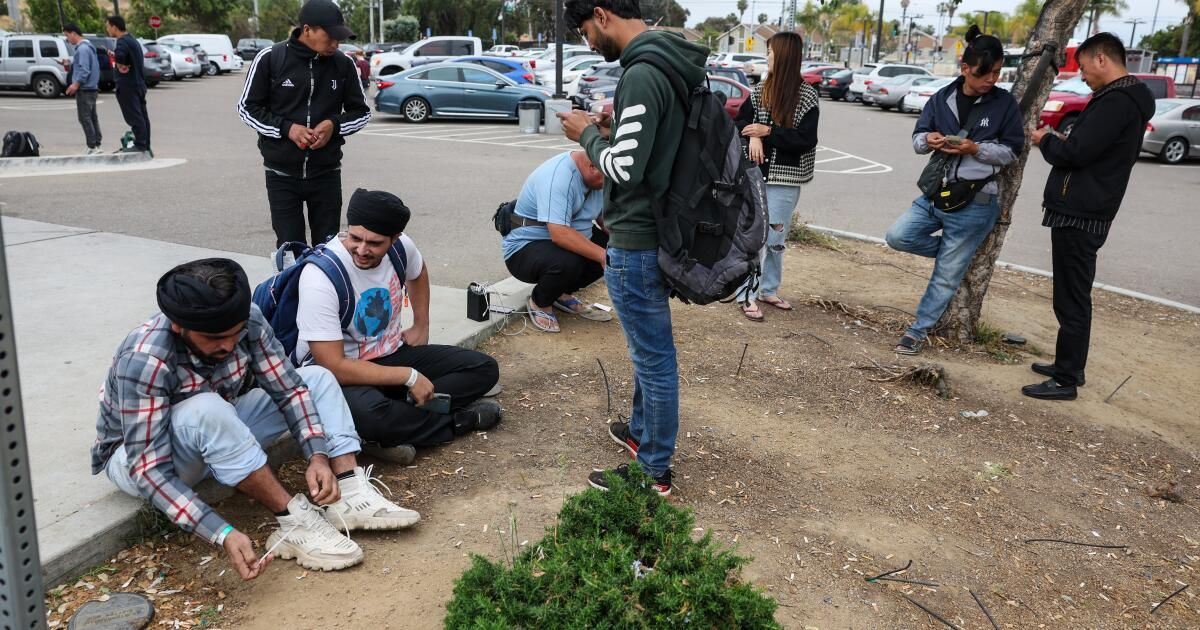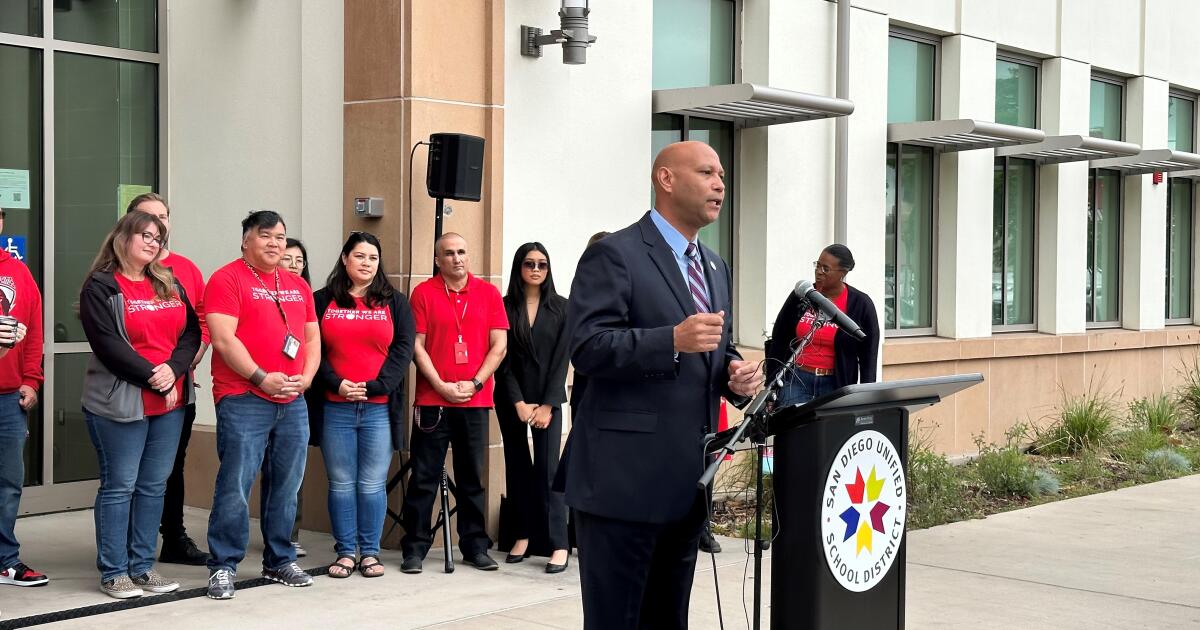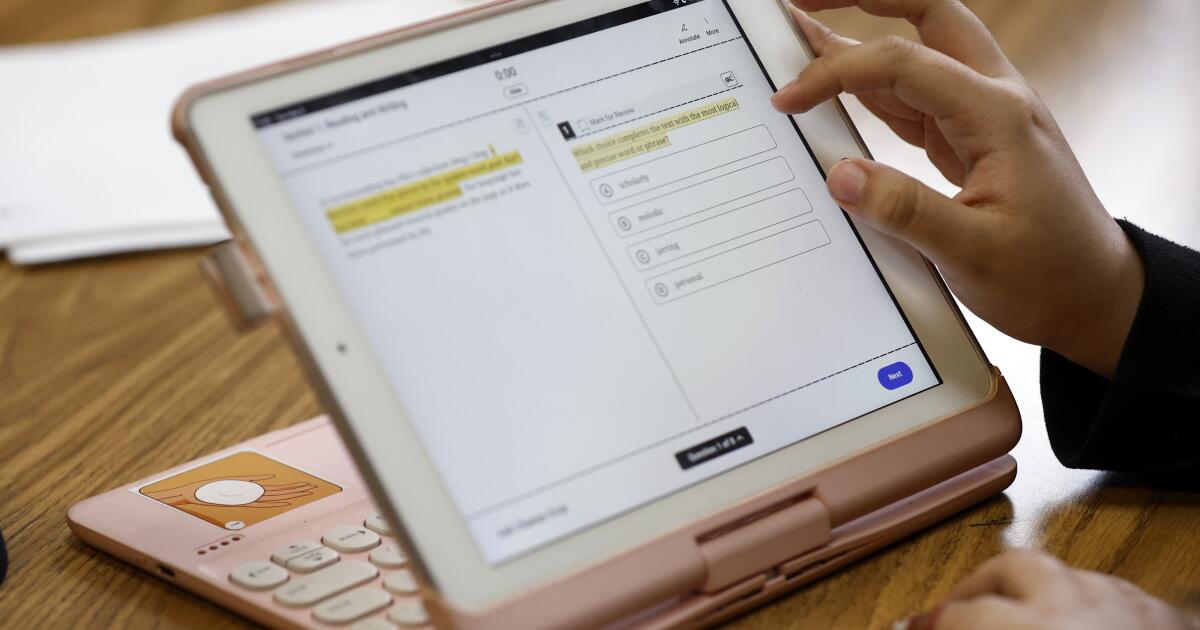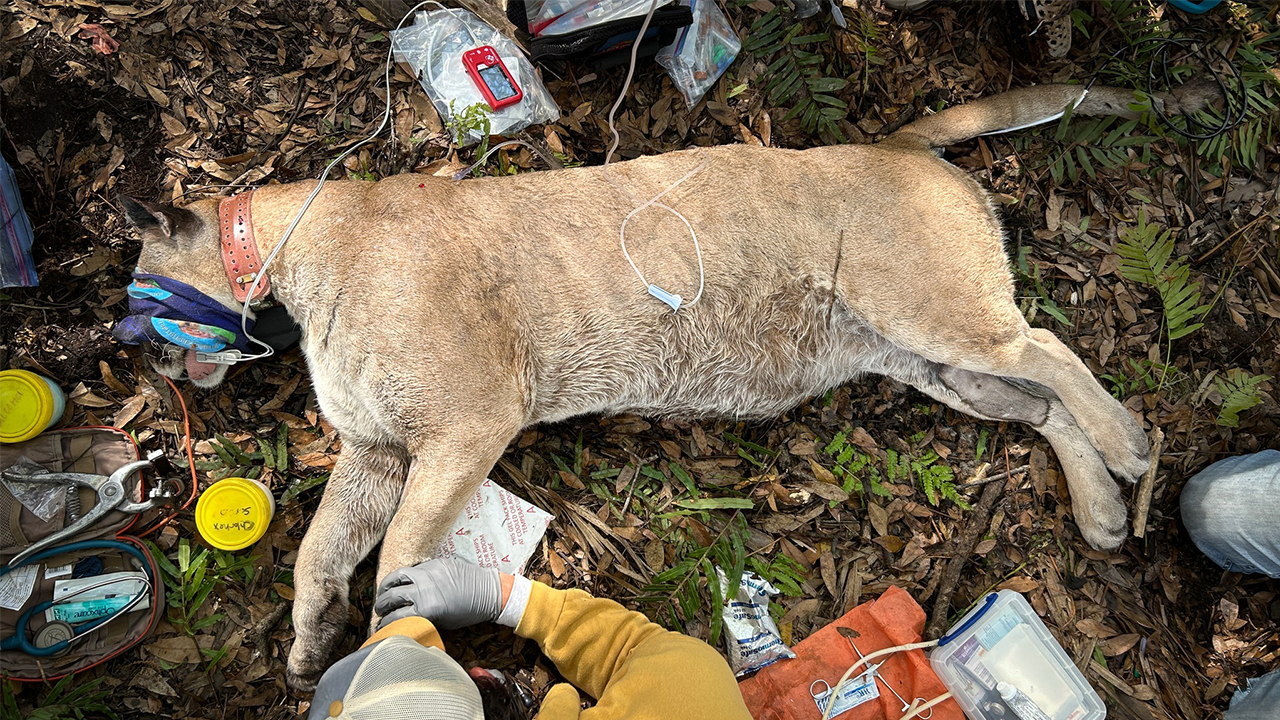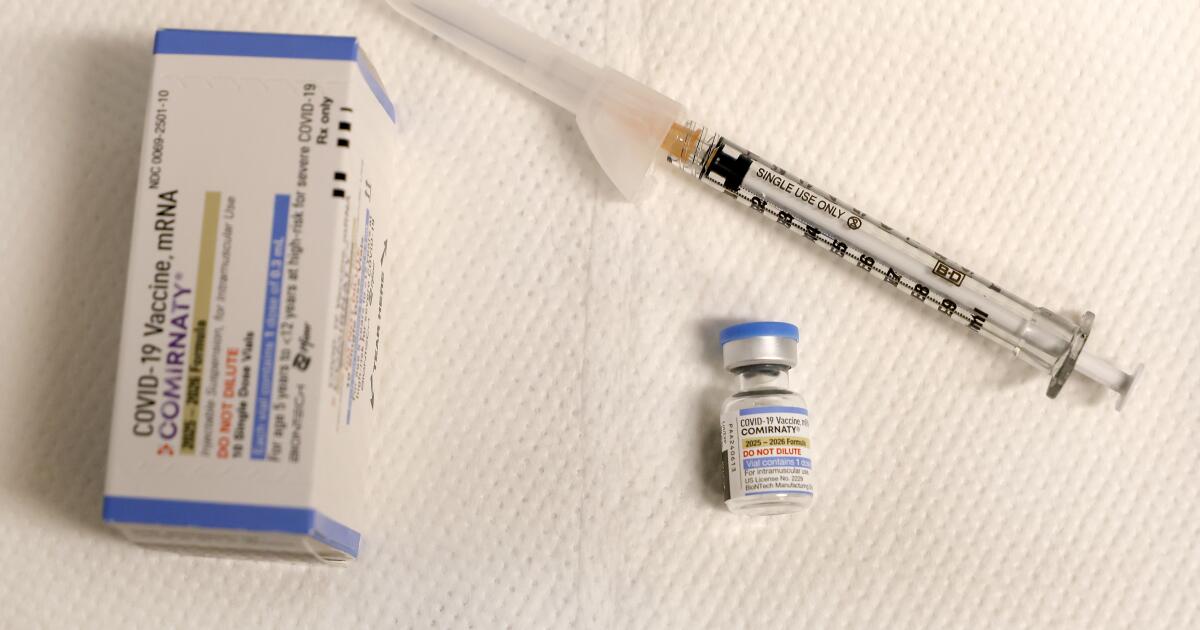Even Californians without Social Security numbers should soon have access to a state subsidy that will make cell phone service more affordable.
The California Public Utilities Commission last week issued a proposed decision to make California's Universal LifeLine Telephone Service Program, known as California Lifeline, available to Californians who do not have a Social Security number.
The commission needs to formally vote on the matter, and its first opportunity will be at its meeting on August 22.
The move comes 10 years after the CPUC decided to stop requesting Social Security information from applicants, but never did so. The problem was first reported by CalMatters.
The commission is run by California Lifeline. The service offers qualified participants discounts of up to $19 per month on cell phone service, up to $39 off service connection and eliminates a variety of local, state and federal fees.
There is also a federal Lifeline program, but its discounts are smaller, including up to a $9.25 discount on monthly service. Both are available simultaneously to customers, according to the commission, but the federal program still requires a Social Security number.
Chinese citizen Zhang Hao uses his phone at the Iris Avenue Station in San Diego, where he and other asylum seekers were dropped off by Border Patrol agents.
(Robert Gauthier/Los Angeles Times)
The service consists of unlimited talk and text and varying amounts of data.
Users of certain government programs may be eligible for discounts. Anyone who is already enrolled in a program public assistance programsuch as Medicaid and Medi-Cal, Section 8 housing, CalFresh, or the Women, Infants, and Children Program, also known as WIC, qualify under program-based assistance.
Applicants may also qualify for this benefit based on their income. For example, a family of four may qualify for this benefit if their total gross annual income is $48,400 or less.
It's unclear how many people will be affected by the commission's latest action. According to the commission, about 1.4 million Californians use the service, and enrollment in the program has increased by 31.1% since June 2023.
Pew Research estimated there were 1.8 million unauthorized immigrants in California in 2021.
Participants sign up with a private telephone provider. This is usually done through third-party providers, often “street teams,” who place their orders in front of public buildings (such as welfare offices) or near supermarkets.
The service is funded by surcharges levied on California cell phone users.
However, the Public Service Commission's decision is not new.
The group decided to eliminate Social Security numbers. on applications in 2014arguing that such a request was a barrier to use by some. At the time, the measure was opposed by Cox Communications and other telecommunications companies concerned about fraud.
Instead of Social Security numbers, the commission requested government-issued identification.
The Public Service Commission's decision came two years after the Federal Communications Commission revised the federal Lifeline program to require applicants to provide the last four digits of a Social Security number on applications.
In February, the state’s Public Utility Commission told CalMatters that it had already “implemented its 2014 decision.” However, California Lifeline applications still asked for Social Security information.
The nonprofit Neighborhood Legal Services of Los Angeles raised the issue again with the commission in a letter on Aug. 30, 2023, requesting immediate implementation of the 2014 ruling, according to commission filings.
Once the decision is formally approved, applications for Social Security numbers are expected to be removed from the LifeLine application within three months, according to the commission.

